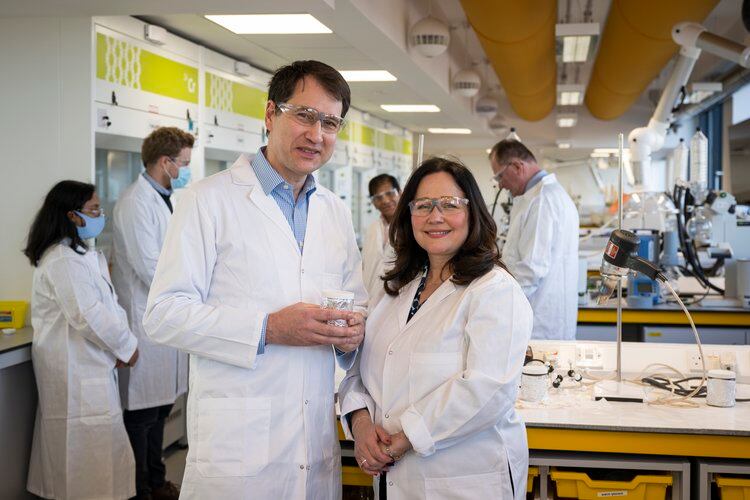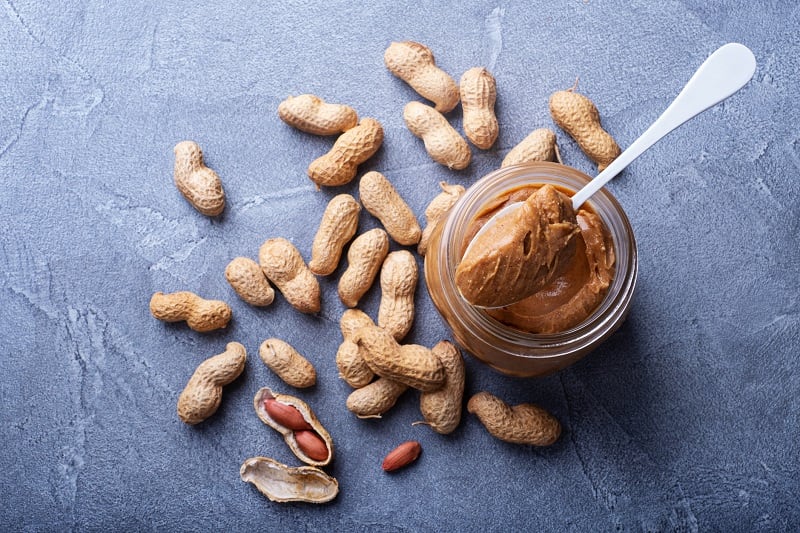The £2.2m oral immunotherapy trial aims to plug the current Oral Immunotherapy (OIT) research gap by proving that everyday foods instead of expensive pharmaceutical drugs can be used as a practical treatment.
The three-year trial will be the first major study funded by The Natasha Allergy Research Foundation.
It aims to show that everyday foods containing peanut or milk, which when taken carefully according to a standardised protocol under medical supervision, can be used as an alternative to expensive pharmaceutical drugs to desensitise patients.
If successful, participants with persistent food allergy “will be able to live lives where they no longer have to avoid popular foods which might contain small amounts of allergens due to factory production lines or cross contact and also be able to eat popular foods like cakes, curries and pizza safely with their friends”, the charity said.
The £2.2m trial will be funded by a gift to the University of Southampton. The Research Founding Partners are a consortium of food businesses: Greggs, Tesco, Just Eat, Co-op Morrisons, KFC, Bakkavor, Sainsbury’s, Bidfood, Costa Coffee, Elior UK, Burger King UK, Pret A Manger, Lidl, Leon, Cooplands and Uber Eats.
‘Everyday foods’ instead of expensive pharmaceuticals
In December 2020, NHS England announced the availability of Palforzia - a Nestlé-owned branded immunotherapy treatment for peanut taken daily for at least 2 years to treat children with peanut allergy.
In contrast, the first ‘NATASHA Trial’ said it will use ‘everyday foods’ instead of expensive pharmaceuticals for OIT. This could open up “potential life-long treatment for millions of people worldwide living with allergies, at a fraction of the cost, and also affordable for our precious NHS”, the charity added.
The study will recruit a total of 216 people between the ages of 3 and 23 with food allergy to cow’s milk and aged 6 and 23 with food allergy to peanut. Following an initial 12 months of desensitisation (carried out according to a standardised protocol under strict medical supervision), participants will be monitored for a further two years in order to report on longer-term safety and cost-effectiveness.
The aim is to bring the level of evidence to a point where OIT using commercially-available foods could be approved for use in the NHS to treat food-allergic patients most at risk of anaphylaxis.
Nadim Ednan-Laperouse said: “This is a major first-step in our mission to ‘make food allergies history’. The aim is to save lives and prevent serious hospitalisations by offering lifelong protection against severe allergic reactions to eventually any number of foods or ingredients. The study aims to plug the current oral immunotherapy research gap by proving that ‘everyday foods’ rather than pharmaceutical drugs can be used as a practical treatment for children and young adults with allergies.
"If successful, this will empower the NHS to provide cost-effective treatments for people living with food allergies through oral immunotherapy.
"It would enable people, once desensitised under clinical supervision, to control their own lives and stay allergy safe using shop bought foods rather than relying on expensive pharmaceutical products.”
Co-chief investigator Dr Paul Turner, Reader in Paediatric Allergy & Clinical Immunology at Imperial College London, added: “This study heralds a new-era for the active treatment of food allergy. For too long, we have told people just to avoid the food they are allergic to – that is not a treatment, and food-allergic people and their families deserve better.”



